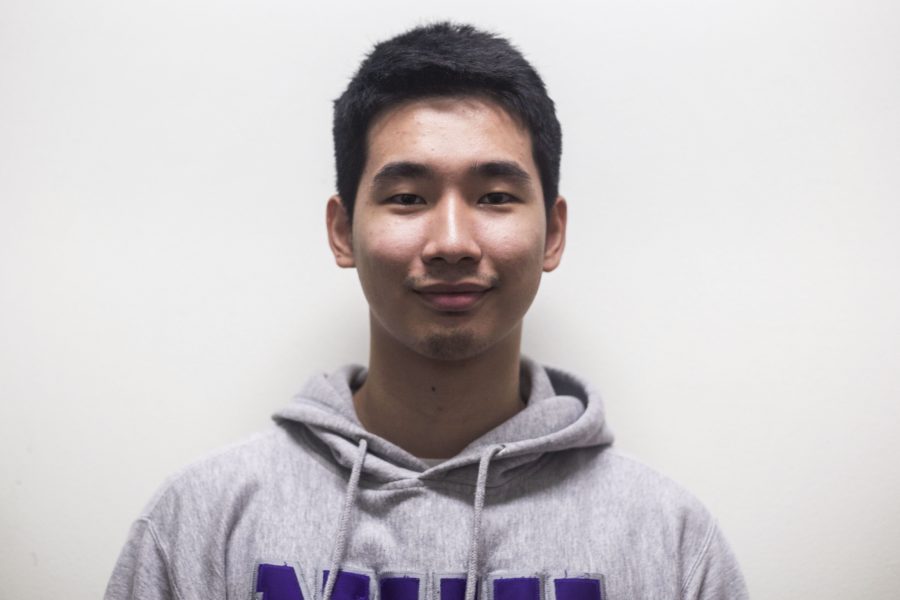Core Requirements Stifle Student Growth
November 7, 2016
In Ta-Nehisi Coates’ “Between the World and Me,” Coates wrote, “The pursuit of knowing was freedom to me, the right to declare your own curiosities and follow them through all manner of books. I was made for the library, not the classroom. The classroom was a jail of other people’s interests.” Students at NYU can relate to Coates’ feeling of confinement when reflecting on their own educational experience. After all, on average, CAS students will spend more than a year studying required subjects that may not even interest them. As a matter of fact, even Gallatin, which makes a point of promoting students’ academic freedom, imposes a year’s worth of requirements upon students. These sets of requirements are known as the core curriculum and as of right now serve as restrictions on students’ intellectual curiosities. NYU should instead implement an open curriculum to rectify the rigidity of the core curriculum.
The core curriculum refers to a set of requirements that spans across disciplines such as foreign language and historical and cultural requirements that NYU claims will equip students with the skills they need for success after college. On the other hand, the open curriculum contains few to zero required courses outside of requirements for majors, and when compared side-by-side with the core curriculum, the open curriculum offers advantages beyond academic freedom that the core curriculum simply cannot match.
For instance, when students are allowed to choose the courses that they want to study, they will be more likely to be intellectually engaged in the material in which they are studying. This in turn benefits not only their classmates but their teachers as well. Furthermore, while proponents of the core curriculum may argue that, should students be given this much freedom, they may resort to taking easier classes that will allow them to breeze through college, this is not the case. In fact, faculty across institutions such as Brown and Wesleyan report that when given the freedom to choose, the bulk of students will choose to step outside of their comfort zone and take more challenging courses. Evidence also suggests that the open curriculum can encourage students to explore more foreign subjects. For example, Brown found that because students no longer have to worry about having to complete a language requirement, they were more inclined to study unfamiliar languages instead of sticking with the language they were learning in high school.
Education should therefore not be about giving students a map with certain checkpoints to pass before reaching a predefined endpoint. Instead, it should be about encouraging students to take the road less traveled and discover for themselves what education truly means for them. To this end, the open curriculum is clearly the better option.
Opinions expressed on the editorial pages are not necessarily those of WSN, and our publication of opinions is not an endorsement of them.
A version of this article appeared in the Monday, November 7th print edition. Email Hao Ly at [email protected].





























































































































































